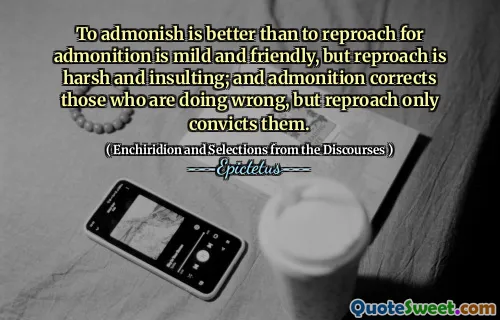To be candid, in Middlemarch phraseology, meant, to use an early opportunity of letting your friends know that you did not take a cheerful view of their capacity, their conduct, or their position; and a robust candor never waited to be asked for its opinion.
In George Eliot's novel Middlemarch, the term "to be candid" reflects a straightforward approach to expressing one’s opinion, often without waiting for an invitation. It illustrates a cultural norm where honesty is valued, even when it might not be well received. This unfiltered candor often serves as a means for individuals to voice their critical assessments about their friends' abilities, behaviors, or life circumstances.
The idea presented implies that true candor entails not only honesty but also a lack of regard for the potential discomfort it may cause. There is an expectation that this forthrightness cultivates genuine relationships, but it also brings the risk of alienation. Eliot's commentary on candor examines the complexity of human interactions and the balance between honesty and tact.
